BRICS expansion spurs economic growth, boosts trade and innovation
Greater collaboration and stronger coordination among BRICS countries — Brazil, Russia, India, China and South Africa, as well as other new members — will greatly enhance their economic growth and fortify the multilateral trading system, according to market watchers and business leaders.
Established in 2006 as BRIC(South Africa was added in 2011), the group has become a key platform for countries of the Global South to get united and strengthen themselves through cooperation in fields such as security, economy, finance and agriculture.
The BRICS mechanism expanded with new members in January this year, marking the further internationalization and diversification of the cooperation mechanism, according to the Ministry of Foreign Affairs.
Analysts said that by capitalizing on their shared strengths, these influential emerging economies have the potential to lead a more dynamic global economic recovery. Through expanded trade, investment and technological innovation, BRICS countries can fuel growth not only domestically but also on a global scale.
Following its expansion earlier this year, BRICS is becoming increasingly attractive to developing nations, as the platform promotes cooperation in areas such as international production capacity, trade in goods and services, and cross-border investment, said Jiang Shixue, vice-president of the Beijing-based China Society of Emerging Economies.
Sharing similar views, Rasigan Maharajh, chief director of the Institute for Economic Research on Innovation at Tshwane University of Technology in South Africa, said BRICS supports these countries in enhancing their industrial capabilities, developing digital economies and fostering innovation.
Highlighting that BRICS countries have vast markets and diverse economies, providing opportunities for increased trade between member nations, Xu Xiujun, a senior research fellow at the Institute of World Economics and Politics of the Beijing-based Chinese Academy of Social Sciences, said that by reducing trade barriers and promoting intra-BRICS trade deals, more members could access new markets and boost exports of goods and services in the coming years.
China's foreign trade with the other BRICS countries reached 4.62 trillion yuan ($652.47 billion) in the first three quarters of 2024, an increase of 5.1 percent year-on-year, data from the General Administration of Customs showed.
China exports mainly construction machinery, trains, building materials, manufacturing equipment, electronics, textiles, garments and household appliances to other BRICS markets.
Chinese-made passenger vehicles and solar cells have also become popular in countries like Brazil, South Africa, the UAE and Egypt in recent years, according to customs statistics.
In addition to metal, crude oil, natural gas and grains, other BRICS countries' shipments to China include passenger aircraft, timber, agricultural products, steel, cotton, chemicals, pharmaceuticals and medical equipment.
Lyu Daliang, director of the GAC's department of statistics and analysis, noted that goods trade among BRICS countries makes up only about 10 percent of their total foreign trade, indicating significant growth potential.
"As cooperation within the BRICS family deepens and extends into new areas, both bilateral and multilateral economic and trade exchanges are expected to see significant positive progress," he said.
The emphasis on trading, investing in each other's markets and collaborating on technological innovations, industrial transformation and the digital economy has become a driving force for growth within the BRICS countries, said Egyptian Ambassador to China Assem Hanafi.
Echoing that sentiment, Chen Jianwei, a researcher at the Beijing-based University of International Business and Economics' Academy of China Open Economy Studies, said that by collectively leveraging the power of the digital era, BRICS nations can successfully navigate the complexities of modern manufacturing transformation.
Chen said that these initiatives will not only enhance the bloc's internal trade volume but also strengthen their trade relationships with the rest of the world.
Encouraged by these factors, Dong Wei, vice-chairman and CEO of COFCO International, a subsidiary of Beijing-based COFCO Corp, said the group will deploy more resources in BRICS countries like Brazil and South Africa to purchase agricultural products, carry out technology transfers and invest in agriculture and transportation-related infrastructure facilities in the years ahead.
COFCO International, headquartered in Geneva, Switzerland, currently conducts agricultural trade with more than 10 African countries and is one of the largest integrated grain traders in South Africa. "We will expand our agricultural product operations in other BRICS countries," said Dong.









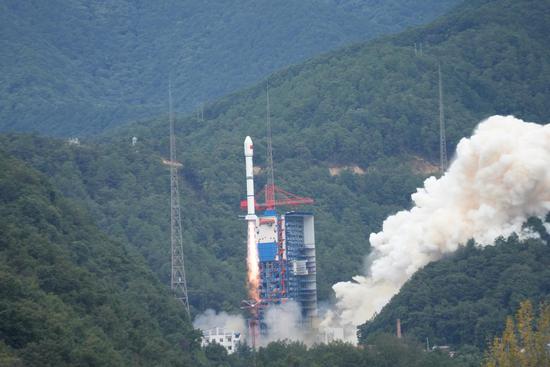


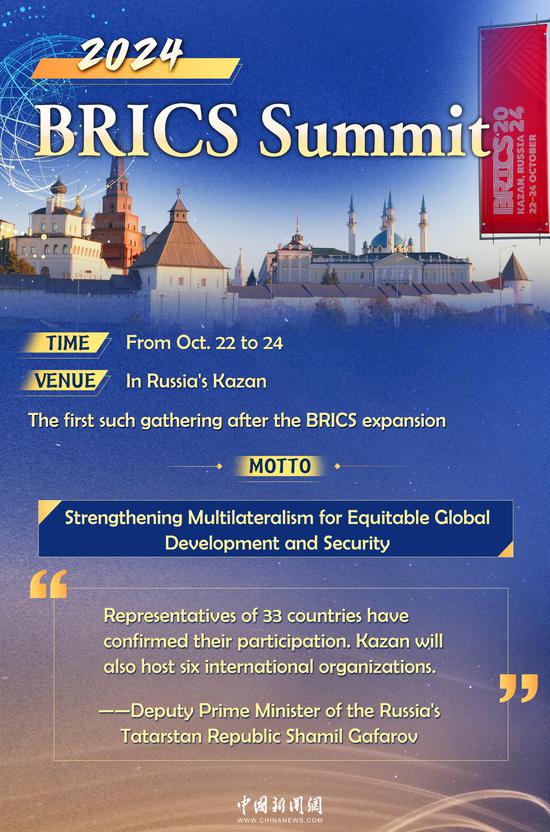

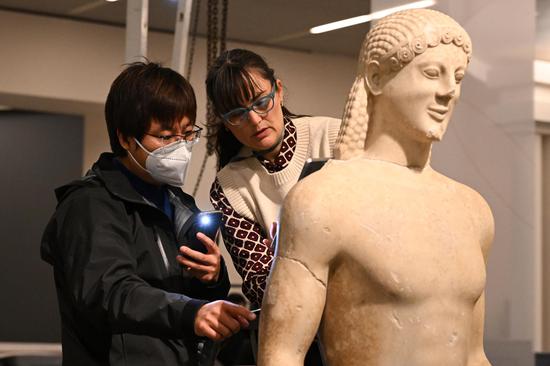
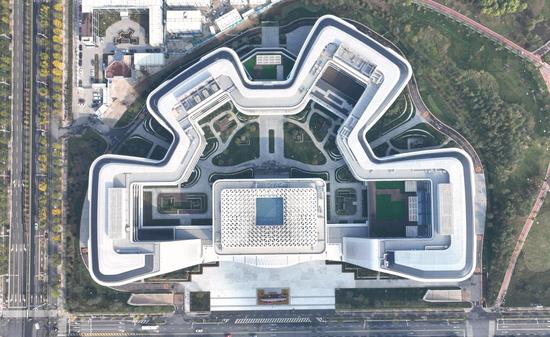

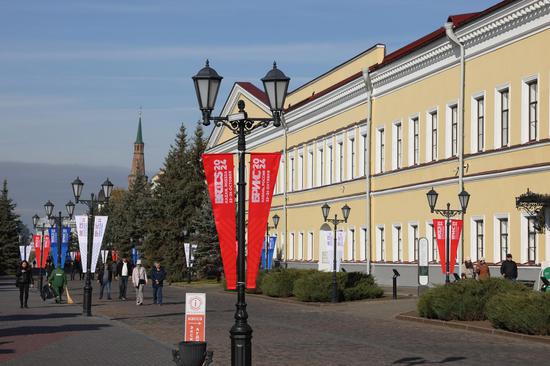








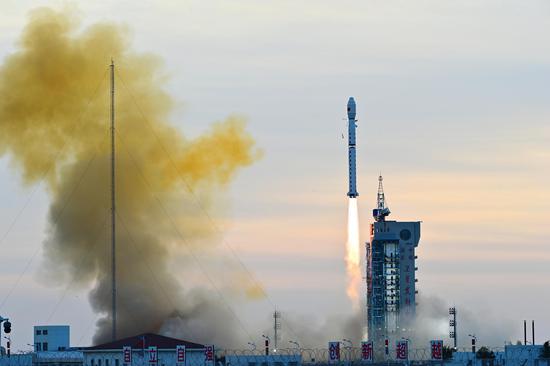
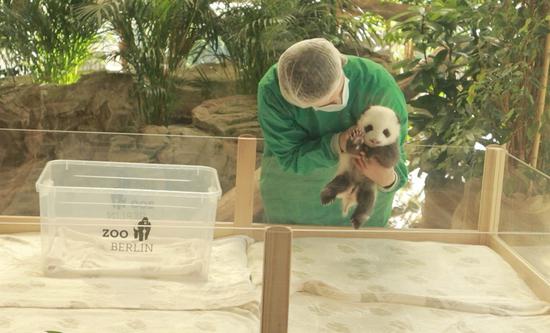


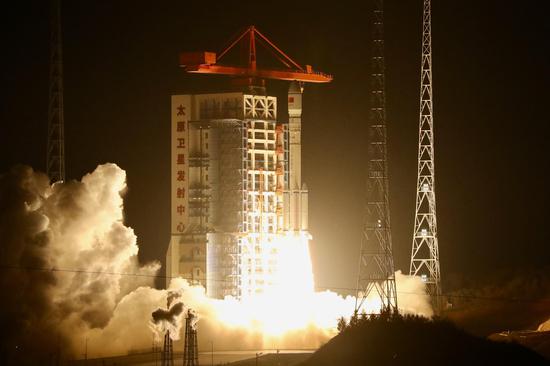
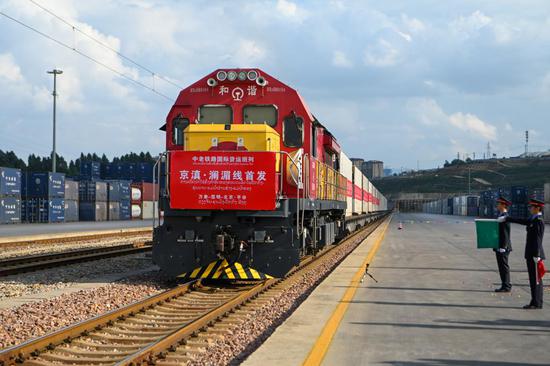

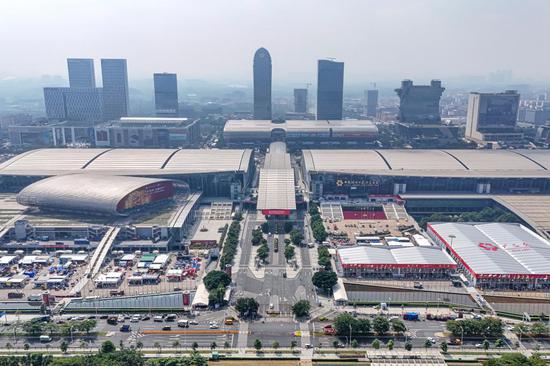


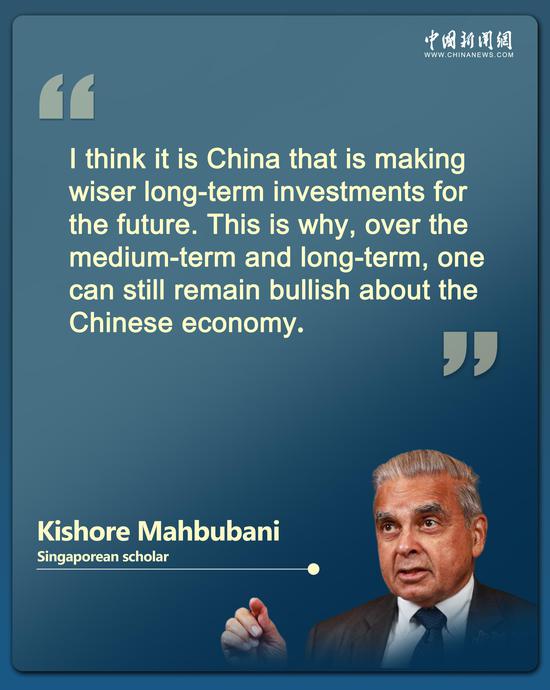
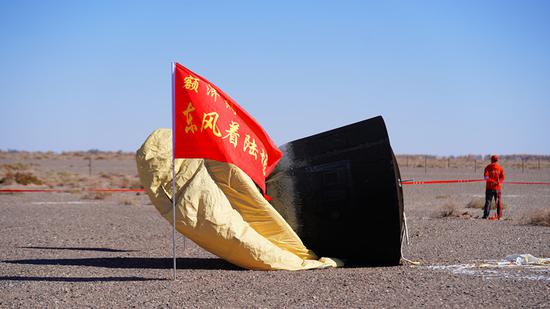




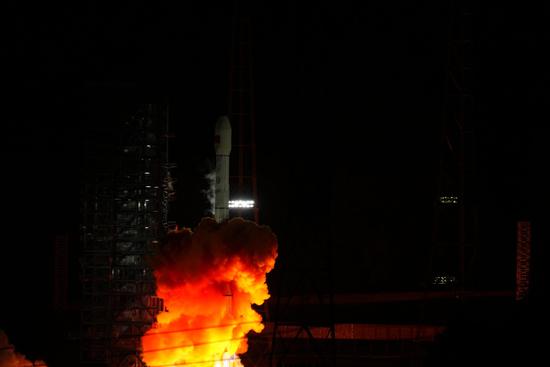







 京公網(wǎng)安備 11010202009201號(hào)
京公網(wǎng)安備 11010202009201號(hào)